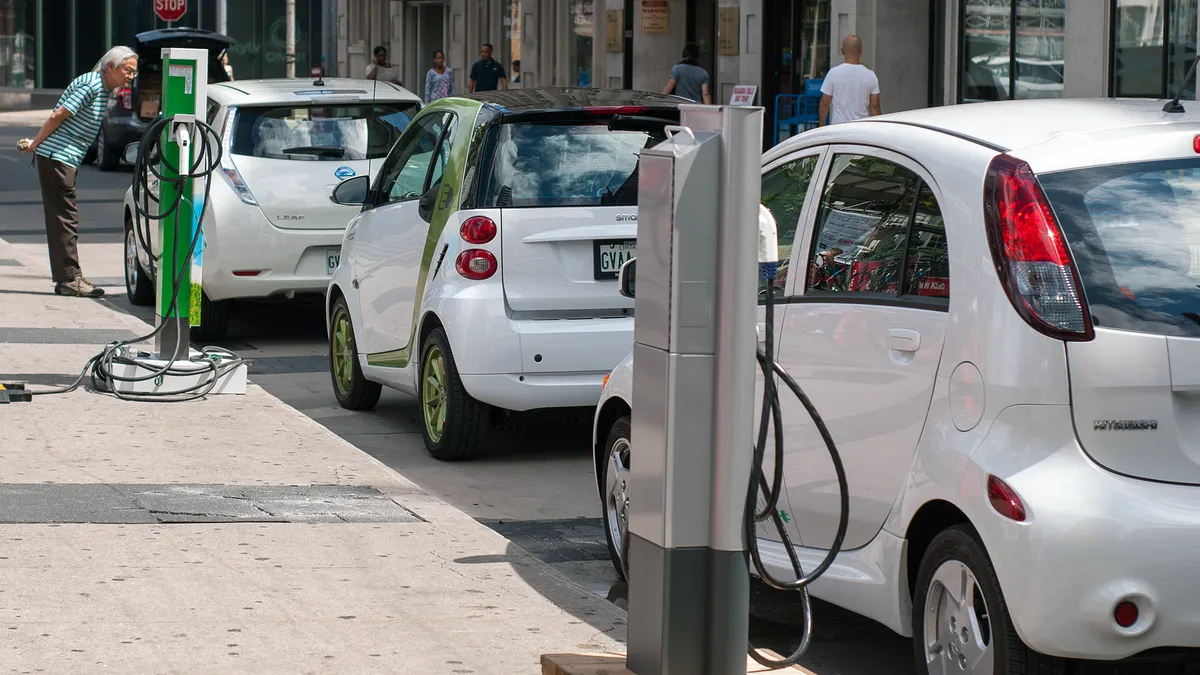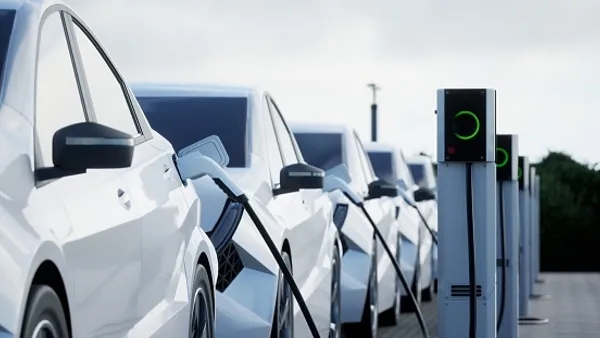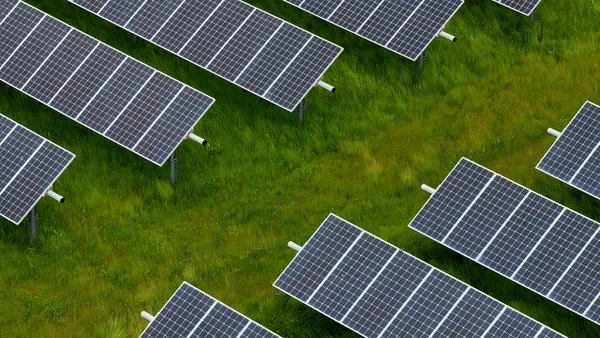Dive Brief:
- State utility regulators have rejected a plan by Kansas City Power & Light to have ratepayers fund an extensive electric vehicle charging network, bluntly questioning the environmental benefits of the stations, the need for so many and a plan to charge all customers, according to the filing.
- Kansas City Power & Light had proposed installing 1,000 charging stations as part of its Clean Charge Network (CCN) plan, and requested $5.6 million of that be passed on to all customers, in additional to about $250,000 in annual spending to maintain them.
- Among the issues regulators had with the plan: They said KCP&L was likely building more stations than necessary, the environmental benefits of the plan were difficult to quantify, and the utility lacked sufficient data to support its proposal.
Dive Insight:
KCP&L has already rolled out hundreds of charging stations in its service territory, including free charging for customers for the first two years, and expects development of its Clean Charge Network to be complete by the end of the year. But now, just who will pay for the network is up in the air.
The Kansas SCC, in an order issued last week, found the utility "failed to demonstrate a legitimate demand for the CCN."
"While stimulating EV ownership and usage may be a laudable goal, it is not within the scope of KCP&L providing sufficient and efficient service," regulators concluded. "Promoting EV ownership and usage is better left to the automobile industry."
KCP&L's CCN proposal is designed to support 12,000 EVs with no wait time for users, the commission pointed out in its order - and possibly more than twice that many vehicles with "moderate wait time" for charging. But according to data cited from the Electric Power Research Institute, under optimistic scenarios there will likely be less than 12,000 EVs in the utility service territory by 2020.
The commission said it is unclear if the environmental benefits are sufficient to overcome concerns over rate cross-subsidization. The utility conceded that some customers would be paying for infrastructure they would not use, but said there were broader benefits to KCP&L's system. But the SCC rejected that line of thinking as well.
"Even if KCP&L could demonstrate environmental benefits from the CCN, the commission has previously rejected societal tests, recognizing that it is too difficult to quantify indirect societal environmental and health benefits," according to the order.
KCP&L has also helped in rolling out stations to businesses, and in total has more than 700 stations at locations like grocery stores and other big box retailers. All of the stations are public, and are currently operating under a two-year pilot phase during which they are free to use.
Last month, Kristin Riggins, sustainability products manager at the utility said the utility started with just 50 drivers in its territory and now has around 1,200.
"Nationally, we're one of the top growing areas for EV growth," said Riggins. "In the second quarter EV sales hit a record nationally, up 39% over last year. In the Kansas City region growth exceeded 50%"















